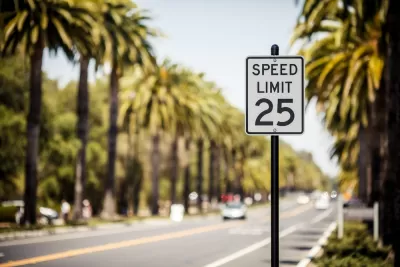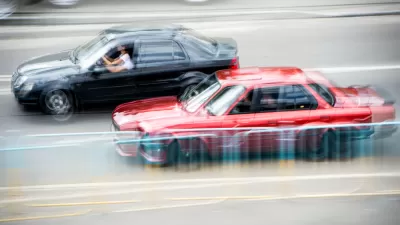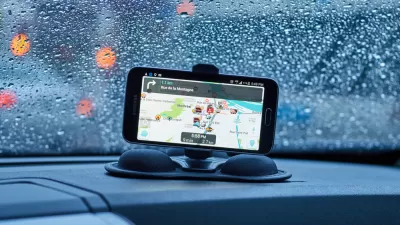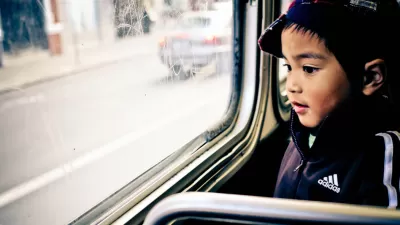Many transportation modes, such as trains and airplanes, have robust, system-wide response mechanisms to investigate safety concerns when incidents occur. Why is traffic safety still seen largely as an individual responsibility?

Noting the stringent safety standards that transit agencies like the Washington Metropolitan Area Transit Authority (WMATA) must meet to continue operations, Caitlin Rogger, writing in Greater Greater Washington, poses a question: “Why do authorities treat traffic safety as though it’s less important than transit safety?” After all, “traffic violence causes many more deaths and injuries than public transit: one in a hundred of us will die from it in our lifetimes.”
After a derailment in October 2021, WMATA was directed to pull half of its trains out of service while the Washington Metrorail Safety Commission (WMSC) investigated issues at the agency. Injury-causing incidents on transportation modes like trains or airplanes trigger immediate regulatory responses to investigate what went wrong and ensure future safety. “Reactive measures usually include some combination of grounding or pulling the mode of transportation out of service, plus a full-fledged investigation into how the system failed to avoid a casualty or near-casualty event, such as the 7000-series derailment in October.”
“But many, many more people die and are hurt every year by personal vehicles than they are by transit or airplanes,” Rogger points out, yet “our legal system and the media both apply a much lower standard of safety when it comes to vehicular violence.” Rogger continues, “Transportation departments don’t routinely shut down the site of a car crash until we fix a design issue that led to it, even when it happens more than once,” and “Authorities don’t often recall all the cars fitting a make or model when it’s involved in repeated crashes (it does happen sometimes if there’s a demonstrable flaw–but what if the issue is not a bug but a feature?).”
Rogger outlines her hypotheses for why traffic safety is often perceived as an individual responsibility rather than a systemic problem, as well as signs of a healthier approach: locally, cities can improve safety by lowering speed limits, pedestrianizing streets, and prioritizing infrastructure for walking, biking, and public transit; meanwhile, the federal government could impose higher taxes on the most dangerous vehicles, create clearer federal safety standards, and encourage safe systems approaches to road design.
FULL STORY: What if we held transit and traffic to the same safety standards?

Alabama: Trump Terminates Settlements for Black Communities Harmed By Raw Sewage
Trump deemed the landmark civil rights agreement “illegal DEI and environmental justice policy.”

Study: Maui’s Plan to Convert Vacation Rentals to Long-Term Housing Could Cause Nearly $1 Billion Economic Loss
The plan would reduce visitor accommodation by 25% resulting in 1,900 jobs lost.

Planetizen Federal Action Tracker
A weekly monitor of how Trump’s orders and actions are impacting planners and planning in America.

Waymo Gets Permission to Map SF’s Market Street
If allowed to operate on the traffic-restricted street, Waymo’s autonomous taxis would have a leg up over ride-hailing competitors — and counter the city’s efforts to grow bike and pedestrian on the thoroughfare.

Parklet Symposium Highlights the Success of Shared Spaces
Parklets got a boost during the Covid-19 pandemic, when the concept was translated to outdoor dining programs that offered restaurants a lifeline during the shutdown.

Federal Homelessness Agency Places Entire Staff on Leave
The U.S. Interagency Council on Homelessness is the only federal agency dedicated to preventing and ending homelessness.
Urban Design for Planners 1: Software Tools
This six-course series explores essential urban design concepts using open source software and equips planners with the tools they need to participate fully in the urban design process.
Planning for Universal Design
Learn the tools for implementing Universal Design in planning regulations.
Caltrans
Smith Gee Studio
Institute for Housing and Urban Development Studies (IHS)
City of Grandview
Harvard GSD Executive Education
Toledo-Lucas County Plan Commissions
Salt Lake City
NYU Wagner Graduate School of Public Service





























